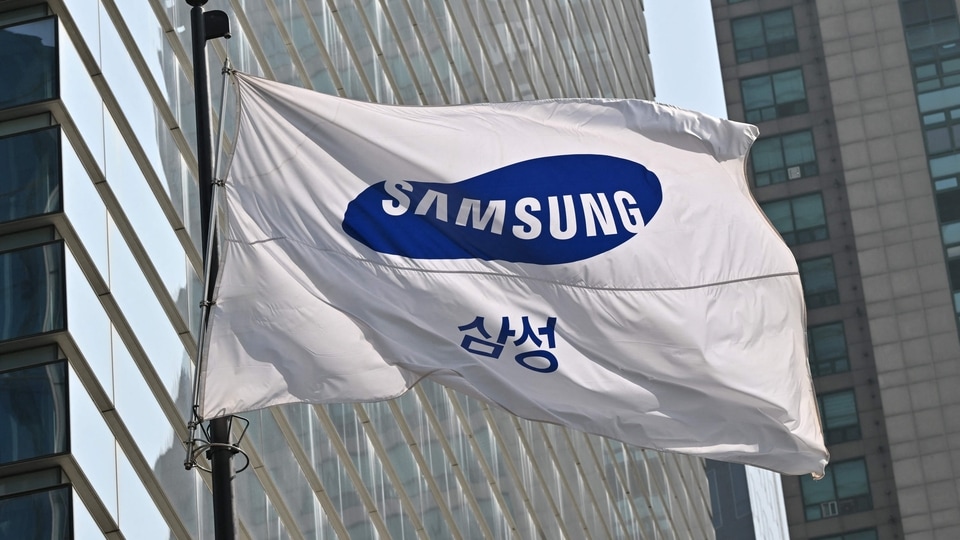Samsung Electronics Co. aims to ramp up its artificial intelligence chip foundry sales to around 50% of its total foundry sales within the next five years. This initiative will be supported by the utilization of advanced nanometer silicon process technology, as an increasing number of tech companies are choosing to design their own AI chips.

The semiconductor foundry business at Samsung Electronics, known as Samsung Foundry, has established a target to increase foundry sales from high-performance computing (HPC) chip orders to 32% by 2028, up from 19% in 2023, and to elevate automotive chip orders to 14% from 11% within the same timeframe. Concurrently, it plans to decrease mobile chip foundry sales to the low 30 percent range from the estimated 54% this year.
This diversification of chip foundry orders is anticipated to enhance the profitability of Samsung's chip production by catering to high-value-added chip requirements. Notably, both HPC and automotive chips are categorized as AI chips.
In an effort to diversify foundry orders, Samsung intends to double the number of non-Samsung customers over the specified period.
While mobile chip foundry orders presently constitute over half of its total foundry sales, Samsung Electronics heavily relies on its in-house chip developers and affiliates, such as Samsung System LSI, responsible for developing Samsung’s application processor Exynos and image sensor ISOCELL for smartphones.
Samsung is confident about its foundry business, having observed an upsurge in AI chip foundry orders, particularly for graphics processing units (GPU) and central processing units (CPU) intended for AI servers and data centers. There are rumors suggesting that Samsung may have already secured a prominent HPC client as a new foundry customer.
Additionally, reports indicate that CPU major Advanced Micro Devices Inc. (AMD) is considering engaging Samsung to produce its next-generation chips with a 4-nanometer class node. Analysts speculate that Samsung, having extended its strategic partnership with AMD, may secure the order due to its improved production yield of 4 nm chips, potentially equaling that of TSMC.
Samsung is expected to benefit from collaborations with tech giants like Google, Microsoft Corp., and Amazon.com Inc., all looking to develop their own AI chips and relying on foundry companies for chip production. Despite lagging behind TSMC in foundry orders, Samsung is positioned to potentially secure orders from Microsoft, leveraging its standing in price negotiations with multiple foundry players.
During Samsung's third-quarter earnings conference call, Jeong Ki-bong, vice president of Foundry Business at Samsung Electronics, expressed optimism about the company's foundry business, anticipating strong annual growth.
The sustained growth in Samsung’s foundry orders is attributed to its nanometer chip processing technology, crucial for producing high-performance, low-power, and high-efficiency AI chips. Samsung intends to advance its 3 and smaller nanometer process technologies to attract more AI chip customers. The company is banking on its next-generation gate-all-around (GAA) architecture to significantly enhance chip performance and energy efficiency, particularly in the HPC industry.
Looking ahead, Samsung plans to manufacture automotive and HPC chips utilizing the 2 nm process node from 2026 onward and unveil the 1.4 nm node, considered a cutting-edge technology, in 2027.







